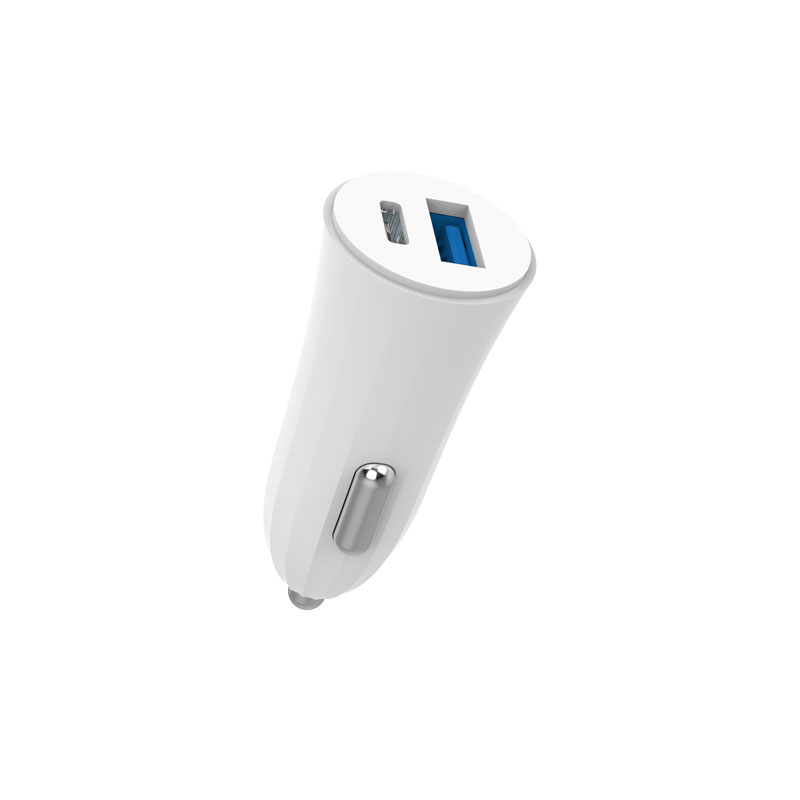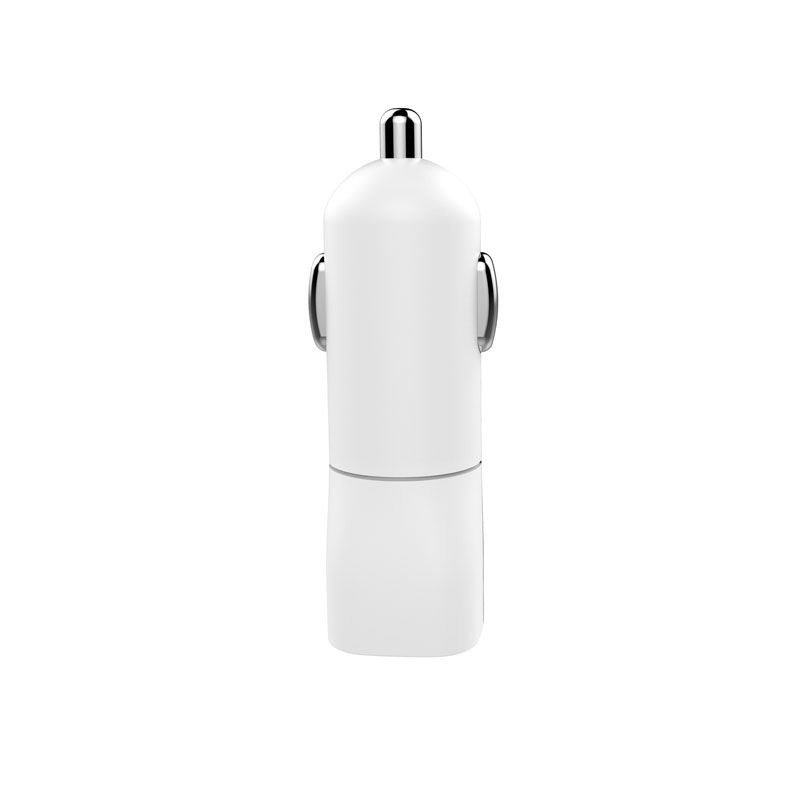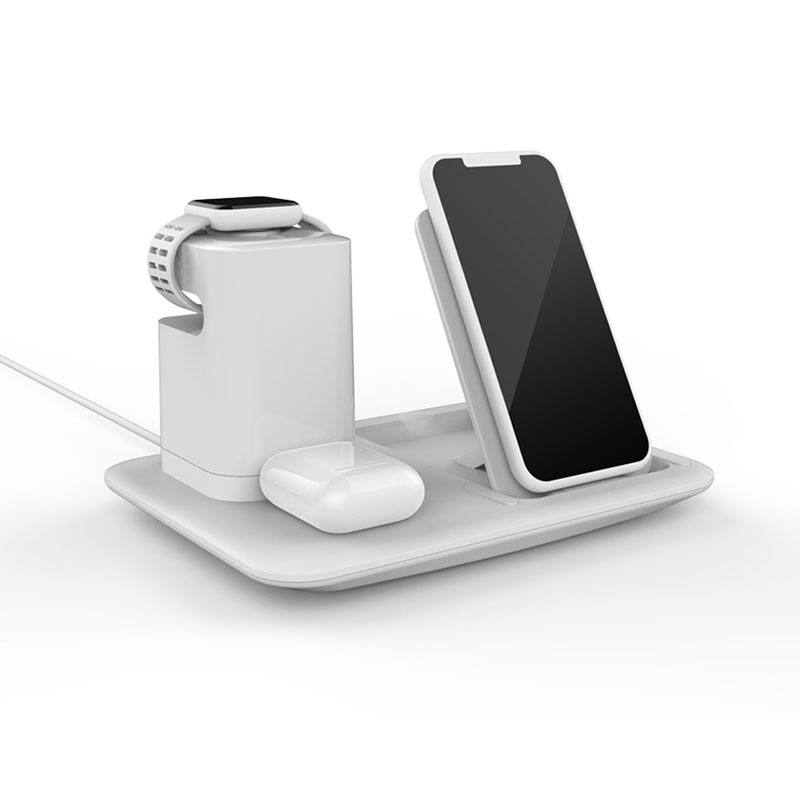Are wireless chargers better?丨MSH
 admin
admin  2025-12-08
2025-12-08
While wireless charging is the newer and seemingly cooler technology, wired charging still has many advantages.
First, it will charge your gadget faster. For example, the Samsung Galaxy S22 supports conventional chargers up to 25W and wireless chargers up to 15W, nearly doubling the speed of the wired option.

These speed differences vary from device to device, but wired charging almost always provides a significant speed boost. If you need to boost your battery as quickly as possible, then your good charger is the way to go. Wireless charging speeds have increased over time, but similarly wired charging speeds have also increased.
Second, wireless charging consumes more energy and is less efficient. Rough math shows that wireless chargers require nearly 50% more energy to fully charge a phone, but this varies by device and charger. This is something to keep in mind if you're concerned about your electricity bills or looking to minimise your carbon footprint, although it doesn't take into account other environmental costs, such as replacing cables from traditional chargers.
Also, consider that wireless charging usually costs you more. Most gadgets come with at least one charging cable in the box, if not the full adapter, and you'll pay extra for a wireless solution, usually between $15 and $40.
Finally, in most cases, it's easier to use your phone or tablet while it's charging if it's connected to power via a cable.
The benefits of wireless charging
The most obvious benefit of wireless charging, and one you'll notice right away, is convenience: You don't have to hunt around for cables in the tight space between your bed and nightstand, you can simply place your device on a cushion or stand. Also, if you frequently use the device to move between charges (if it's your phone, you probably do), simply picking it up and putting it back in place is less expensive than unplugging and reconnecting each time. Much easier.
There's still something to be said about the versatility of wireless charging. The Apple Watch is a notable exception, with nearly every gadget that supports this technology using the Qi standard. This means you can use the same charging pad for different phones, tablets and earbuds, so you can replace all those drag cables with one charging pad that can handle multiple devices at once when they need extra juice.
Manufacturers sometimes create their own wireless charging standards to make it more convenient for their customers. That's what Apple did with the MagSafe standard introduced with the iPhone 12. It uses a series of magnets to ensure the wireless charger snaps into place, delivering power as efficiently as possible. But if you don't want to buy Apple's charger, you don't have to stick to it, because third parties also produce various accessories that support this standard.
make a choice
Regardless of their pros and cons, there's no real objective winner in the battle between wired and wireless chargers. At the end of the day, it really depends on the type of device you're using, the different standards they support, and how long it takes for the battery to fully charge, depending on the charger you're using.
It also depends on the gadgets you have and how you use them. You might want to use the tablet while it's charging, which means wired charging makes more sense. But with earbuds, the choice is irrelevant -- you can't use them while they're charging, because they'll be used with them.
There's also nothing stopping you from using either method on your device, but knowing the pros and cons will help you make an informed decision. For example, maybe overnight wired charging at home and wireless charging at the office make sense for you.
Mobile/Wechat/whatsapp: +86 13714504149
skype: ammy.hu









